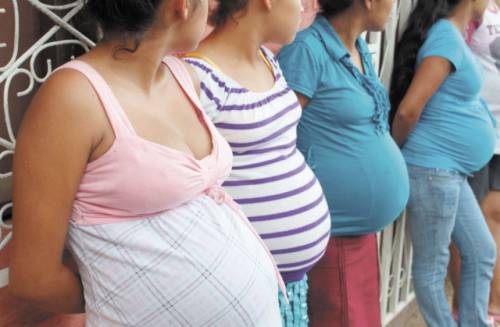
A new data by the United Nations has revealed that with the ongoing lockdowns and major disruptions to health services during the COVID-19 pandemic, there could be about seven million unintended pregnancies in the coming months.
The data released on Tuesday by the UN Population Fund and partners estimated that the number of women unable to access family planning or facing unintended pregnancies, gender-based violence and other harmful practices, could “skyrocket” by millions.
The data also revealed that 47 million women may lose access to contraceptives if the Coronavirus lockdown carried on for six months.
The research was conducted by UNFPA in collaboration with Avenir Health, Johns Hopkins University in the United States, and Victoria University in Australia.
“This new data shows the catastrophic impact that COVID-19 could soon have on women and girls globally,” said Dr Natalia Kanem, UNFPA Executive Director.
“The pandemic is deepening inequalities and millions more women and girls now risk losing the ability to plan their families and protect their bodies and their health,” Dr Kalem added.
The data also shows that globally, around 450 million women across 114 low and middle-income countries use contraceptives, according to UNFPA and partners.
“There also will be 31 million additional cases of gender-based violence during the same period, with a further 15 million more cases expected for every three months the lockdowns continue.
“The pandemic has also affected programmes to prevent female genital mutilation and the experts estimate two million FGM cases may occur over the next decade that could have been averted.
“Similarly, an additional 13 million child marriages could take place this decade as the crisis has disrupted efforts to stop this practice,” the data shows.
In response, the UNFPA is working to strength health systems, procuring and delivering essential supplies to protect health workers, ensuring access to sexual and reproductive health and gender-based violence services, and promoting risk communication and community engagement.
“Women’s reproductive health and rights must be safeguarded at all costs.
“The services must continue; the supplies must be delivered; and the vulnerable must be protected and supported,” said Kanem.
